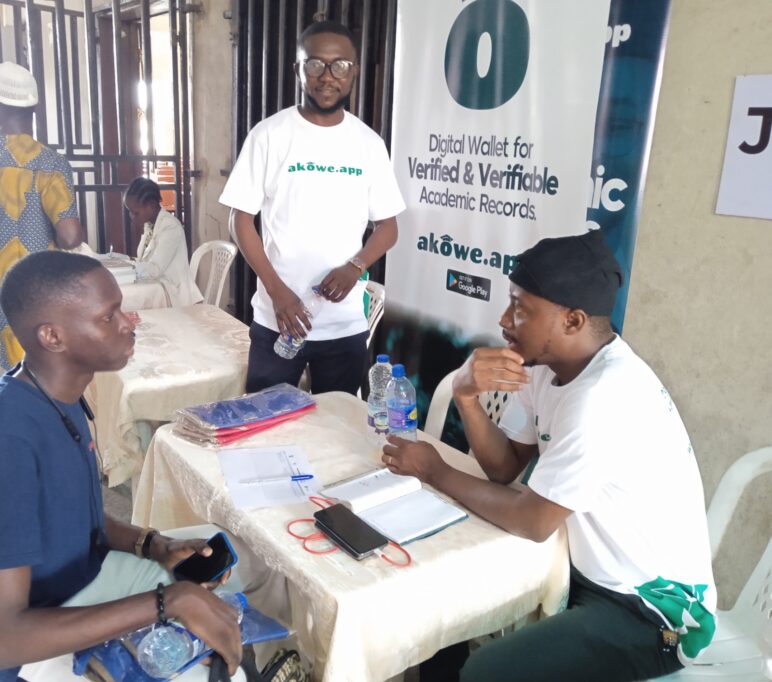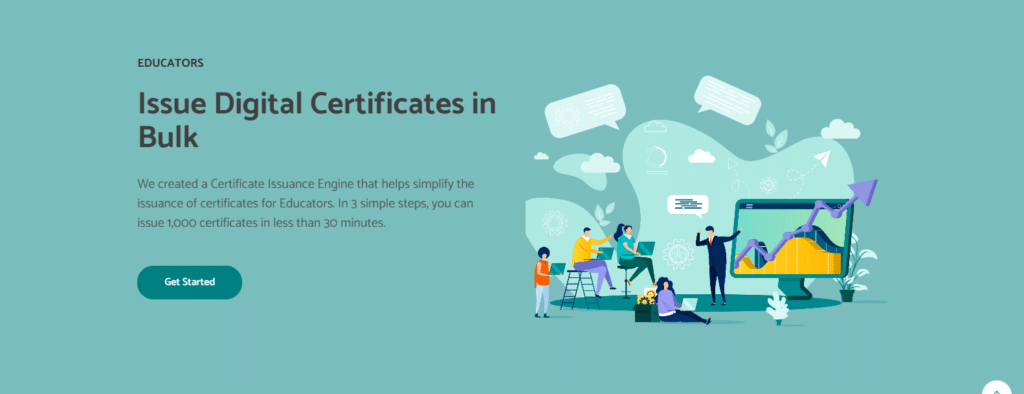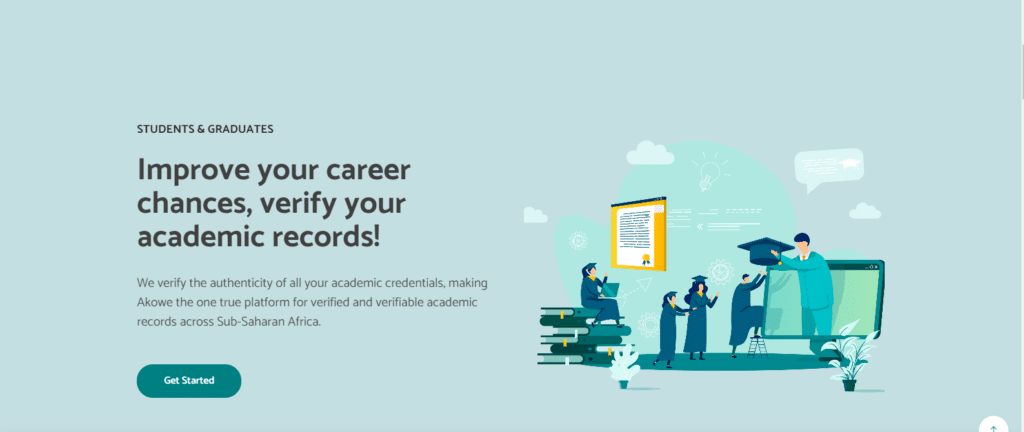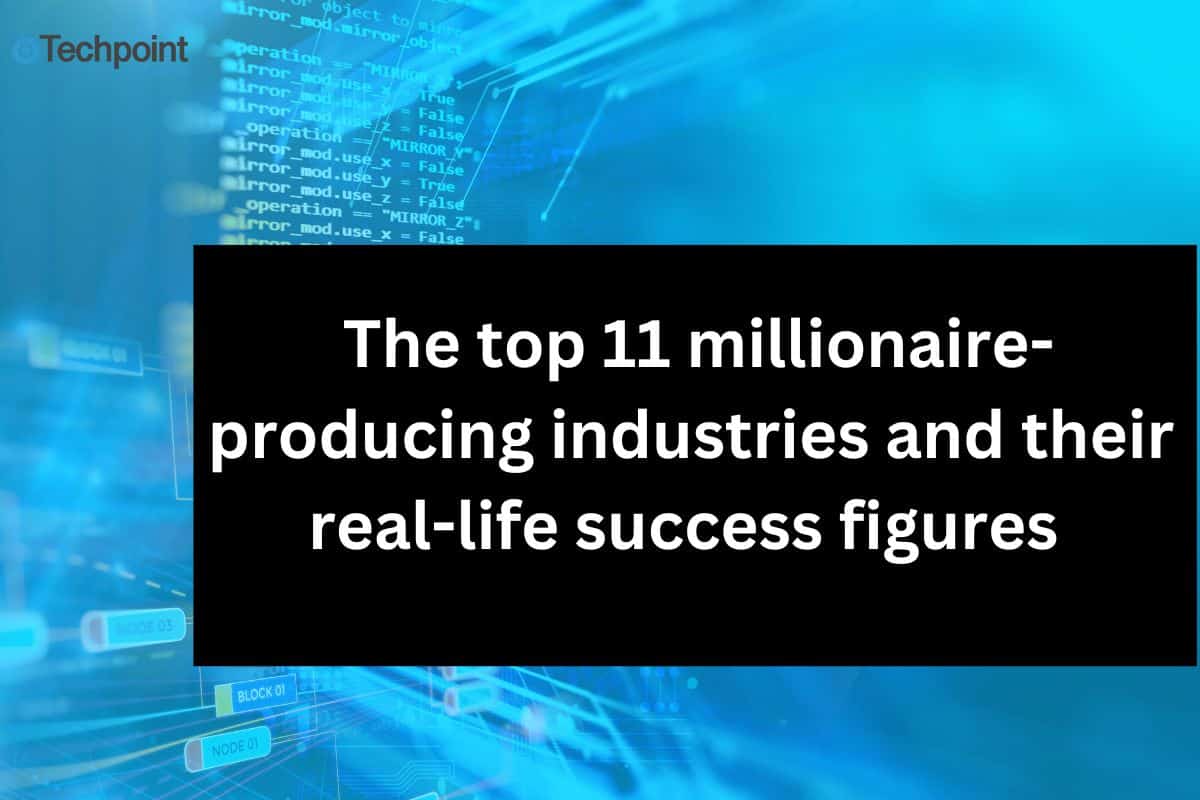If you graduated from a Nigerian public university, getting your certificate or transcript was probably a time-consuming process, with verification taking forever.
Akowe, a startup founded by Ayodeji Agboola in 2020, wants to leverage the power of the blockchain to digitise certificate issuance and verification.
Per the founder, it is a digital wallet for verified and verifiable academic records.
“In Nigeria, academic records are still manual and are issued as physical documents. There are also physical processes that make it difficult to verify the authenticity of these records.
“This has led to many problems in the employment and post-graduate space as many employers want to verify the authenticity of their potential hire’s credentials.”
Akowe wants to help these employers connect to verification services by linking them to schools’ databases. However, in Nigeria, that solution is not so simple.
The ideation of Akowe

What evolved into Akowe started as a digital agency in 2018. As a digital marketing professional, Agboola’s agency offered services ranging from advertising to digital marketing.
As a digital marketer, Agboola worked closely with a Facebook-sponsored agency to train business owners on how to use Facebook for their businesses. This job planted the idea of digitally issued certificates in his mind.
In the first year of training, Agboola’s agency trained 20,000 businesses across 12 Nigerian states. Issuing the Facebook certificate to 20,000 people was a challenge, but he got someone to build software that made it easy.
However, by the second year of training a new batch of businesses, Facebook had changed the certificate design, thus rendering the certificate-issuing software redundant. Agboola again contracted a software developer to build another tool that would issue the new certificates.
Seeing how useful the tool was for certificates, Agboola saw a marketable opportunity.
“I knew three or four other Facebook partners who were having the same issue. So I decided right then and there to build it out. At least I knew three customers that could patronise this solution if I built it. And that was how it started.”
How does Akowe work?

Akowe helps educators or platforms that engage in online training issue bulk certificates. It also allows students to verify their credentials after uploading them on the platform while helping employers verify the credentials of a potential hire.
The startup has a web application where users can access these services. It also has a mobile app for students to upload and verify their certificates.
Akowe started with issuing bulk certificates before it included certificate verification. It was added to Akowe when HR firms and employers kept requesting for the service.
From what Agboola said, building out the solution is a cumbersome process considering the bureaucratic nature of universities, especially the public ones.
“We built a portal which also sits on the same platform [Akowe], which is for verification. The way that works is to get the schools onboard and share revenue with the schools, universities, polytechnics, and other tertiary institutions.
“On the ground, we talked to many universities. We showed them the opportunity and what can happen if we connect to their data, get access to search their records digitally, and then provide validated answers to people who want to verify academic records.”
Agboola added that Akowe is at the Memorandum of Understanding (MOU) stage with some of these institutions as it is trying to get them on the platform.
Dealing with Nigerian universities

Interestingly, the startup has experienced more success talking to private universities. “They are for profit, so they understand the conversation much quicker,” Agboola said.
The startup is currently in talks with Baze University in Abuja and Chrisland University in Abeokuta, Ogun State.
Some public universities in Northern Nigeria, such as Sokoto State University and Usmanu Danfodiyo University, Sokoto, have also been surprisingly forthcoming.
“Our value position to them basically is to say, you don’t need to do anything. You’ve got the records, we will build out blockchain networks for you to secure this data, and in return, you give us access to search these records.”
With university partnerships still in the pipeline, Akowe’s model for verifying certificates of potential hires is still largely manual.
“So some people have urgent requests, which we take on if we think we can help using our connections at some of these universities. This is very similar to what is happening right now. HR and employers need to reach out to universities or reach out to people who can go to those schools and make all the necessary connections.
“The second thing that we’ve done is to say, ‘Hey, here’s a wait list that you can join.’ Once we get those MOUs and universities on board, you’ll be the first to know and test the solution. If we continue to do the manual processes, then we’re not bringing anything new into that system.”
Agboola believes that once the universities are onboarded, it will cut down the time it takes to verify records from several weeks to mere seconds.
Doesn’t this solution already exist?
The Nigeria Education Verification System (NEVS) is a verification platform created by the Federal Ministry of Education as a database containing the information of students (past and present) of all Nigerian tertiary institutions.
While this could be a potential competitor for Akowe, the platform didn’t work when I tried it. Agboola corroborated this, saying, “Last I checked, none of the systems work.”
Why blockchain?
According to Agboola, the fear of being hacked is one reason many universities do not want their certificates available digitally.
However, information stored on the blockchain is near impossible to hack.
When information is stored on a central system, it is prone to hacks as there is only one point of attack. Once hackers can infiltrate this centralised storage system, they can make alterations easily.
However, the blockchain offers a decentralised storage system, and to make changes to the information stored on a blockchain network, every participant within that network must agree to the change.
The blockchain or decentralised storage system is a network of ledgers, as opposed to a central storage system that is only one ledger.
To alter information in the single ledger system, a hacker only needs to get their hands on that ledger. But with blockchain, any change must simultaneously occur across all the ledgers.
Akowe’s solution will include automatically securing certificates it issued on the blockchain and also helping schools put a version of all certificates on a blockchain network.
How does Akowe make money?
Training platforms that use Akowe to issue certificates to participants will purchase credits for each certificate issued. For its verification solution, it plans to use a subscription model.
“We would have two different models, one for light users and one for heavy users. We found from our conversations with HR and employers that there are those people who don’t need to verify more than maybe 100 people within a quarter. And there are those people who probably verify more than 100 candidates monthly. So there’s a subscription model where you’re paying something monthly to have constant access to search through the databases we are connected to.”
Akowe currently has about 120 organisations from Nigeria, Cameroon, and Kenya using the platform to issue certificates. It also has some organisations that intend to use its verification solution once it rolls out.
The startup has enjoyed some recognition as it got nominated by Art of Technology Lagos as one of the best edtech startups alongside others like uLesson, AltSchool, and Gradely in 2022. Akowe’s vision is to become the trustworthy source for verified credentials in sub-Saharan Africa, but the bureaucratic challenges surrounding onboarding universities is one it’ll need to find a way around.
Featured image by Freepik











